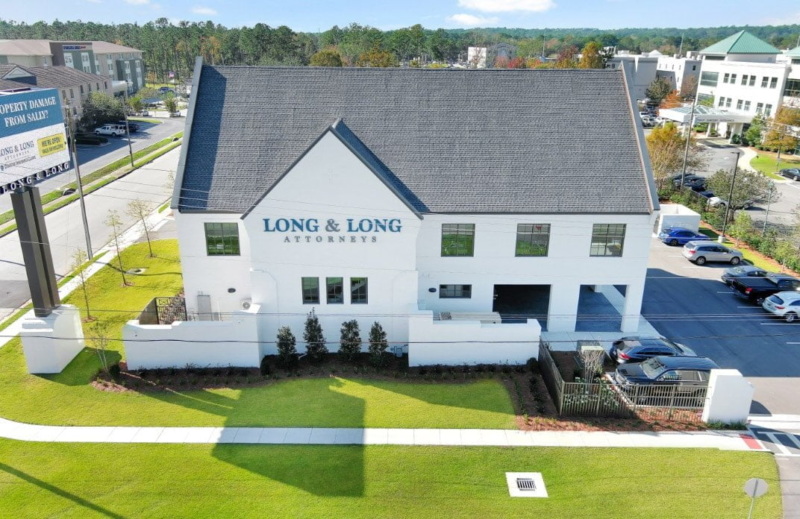Maritime workers (along with railroad workers) are some of the few exceptions to the federal workers’ compensation requirements.
In lieu of standard workers’ compensation insurance, maritime workers are covered by one of two programs: The Merchant Marine Act (commonly referred to as the Jones Act) and the Longshore and Harbor Workers’ Compensation Act (LHWCA). Both of these are federally mandated programs that apply specifically to the maritime industry.
Merchant Marine Act (Jones Act)
The Jones Act mandates that maritime employers provide what is known as “maintenance and cure” for employees injured on the job, regardless of fault.
Maintenance refers to a daily compensation benefit meant to cover the costs of shelter and food that the injured party would have received aboard the vessel had the injury not occurred, while cure refers to medical expenses incurred as a result of the injury.
The Longshore and Harbor Workers’ Compensation Act (LHWCA)
The LHWCA is designed to cover maritime employees who are not seamen.
This includes longshoremen and harbor workers, as well as several other categories of workers, including government contractors and others.
In addition to these benefits, many maritime workers may be entitled to additional benefits in certain circumstances, such as when the vessel is shown not to be seaworthy. In certain cases, an injured maritime worker may be able to pursue other avenues of recourse as well.
If you or a loved one was injured in the course of employment in the maritime industry, it is essential that you consult with a competent maritime injury lawyers as soon as possible in order to preserve your rights to fair and just compensation for the injuries incurred.

















